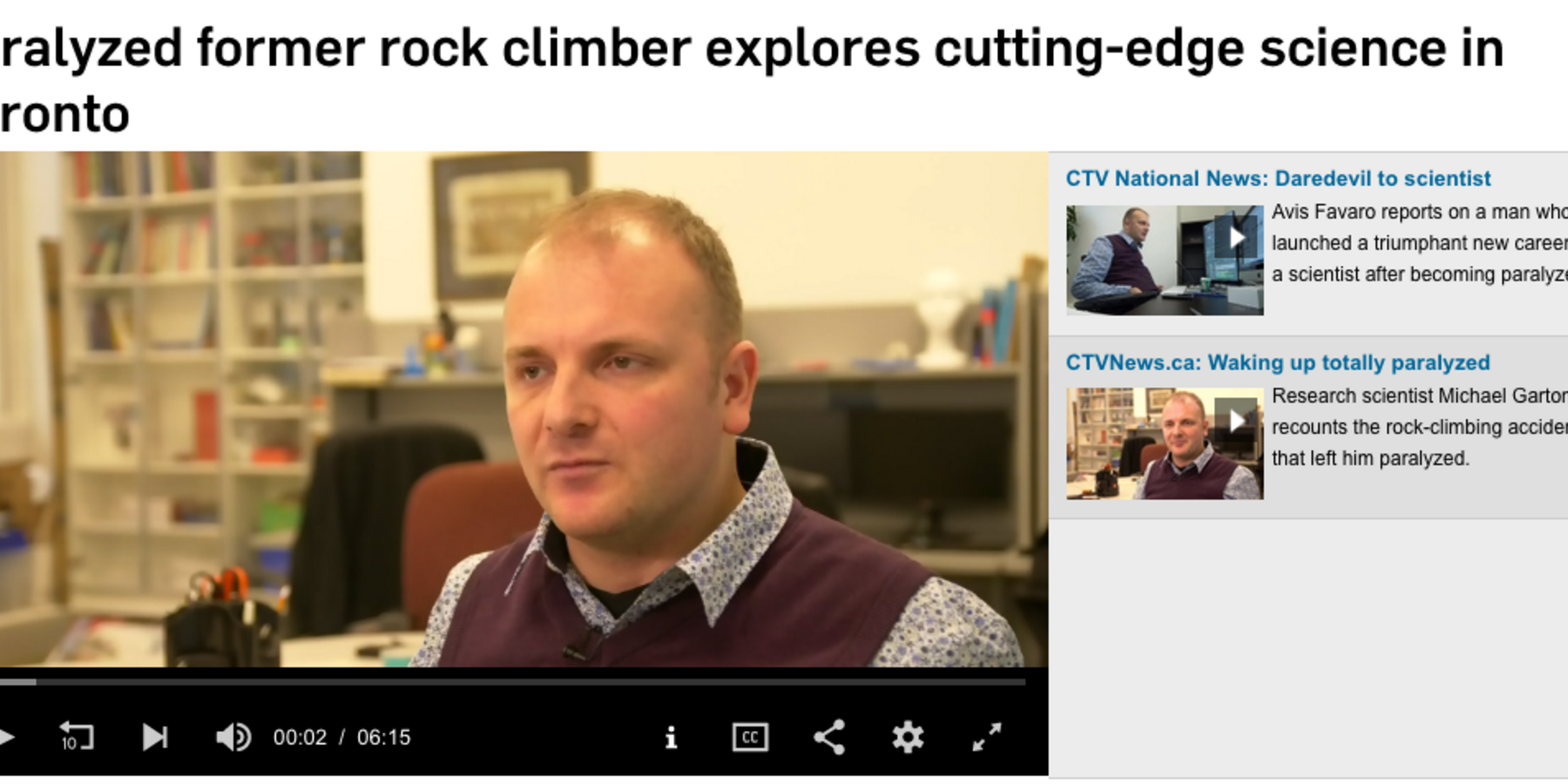Breadcrumbs
In the Media 2019
November 2019
Working with Professor Derek van der Kooy, neuroscientist Taryn Grieder has identified the brain mechanism behind nicotine aversion in a finding that could lead to more effective treatments for smokers:
- Watch Taryn explain her research on CTV's Your Morning.
- How scientists could help people quit smoking by targeting 'disgust' receptors - CTV News
- Listen to Taryn explain her research on CBC's Radio Active.
- How your brain seduces you into thinking cigarettes aren't gross - Inverse
- Want to quit smoking? Scientists are working on a pill that could cut out the nicotine buzz and make smokers feel 'anxious and gross' when they have a cigarette - Daily Mail (UK)
- Research on why nicotine initially feels disgusting could help smokers quit - The Telegraph (India)
- Why the first cigarette feels disgusting — and how this could help smokers quit - ZME Science
- Tabac : comment l'aversion naturelle se transforme en addiction - Futura-Sciences (French)
- Unangenehmer Nikotin-Effekt mit Potenzial - Focus Online (German)
- Onderzoek verklaart waarom de eerste sigaret zo walgelijk vies is - Scientias.nl (Dutch)
September 2019
A mouse study led by Donnelly Centre investigator Cindi Morshead found that the diabetes drug metformin promotes brain self-repair but it only works in females and was widely featured in the media:
Listen here to Cindi Morshead speak to the BBC World Service's Newshour programme about her finding (starts at 18.48min) - the segment also aired on Texas Public Radio-San Antonio and Triple M Adelaide station in Australia.
- A Promising Brain-Regenerating Drug May Only Work for Women and Babies, a Mouse Study Suggests - Gizmodo
- Лекарство от диабета способствует восстановлению мозга - Polit.ru (Russian news)
August 2019
Donnelly Centre investigator Sachdev Sidhu's team creates synthtic antibodies that activate stem cells in the body to stimulate organ regeneration and which will be developed into regenerative medicine treatments by a new Toronto startup:
- Researchers Engineer Growth Factor-mimicking Antibodies - Technology Networks
- Scientists Develop Antibodies That Could Stimulate the Body to Repair Itself - Interesting Engineering
- AntlerA Leverages Precision-engineered Protein Therapeutic Platform to Harness Body's Regenerative Potential - Wallstreet Online (German)
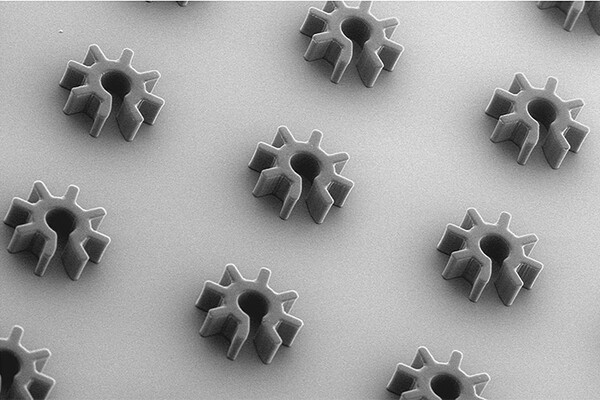
July 2019
Donnelly Centre investigator Aaron Wheeler develops microrobots for intricate cell manipulation:
- Microrobots move cells - Chemical & Engeneering News
- Microrobots to change the way we work with cellular material - Tech Xplore
June 2019
Donnelly Centre investigators and U of T professors Andrew Fraser and Amy Caudy discover a new way to tacke drug-resistant parasites:
- Scientists discover new method to kill drug-resistant parasites - The Times of India
- Unusual parasite metabolism, a ray of hope against drug-resistant parasites - Business Standard (India)
- Unusual Parasite Metabolism Offers Hope for a Global Health Problem - Technology Networks
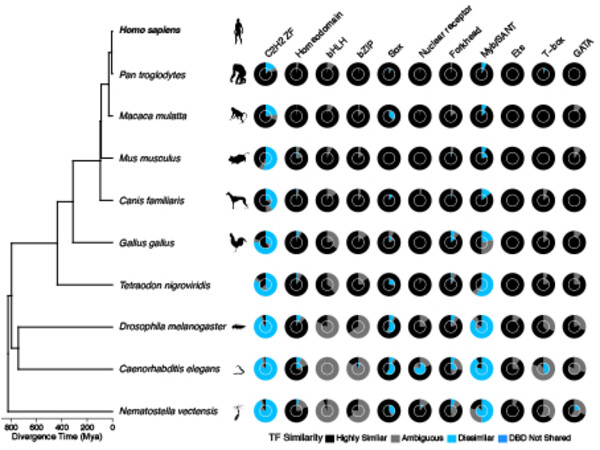
May 2019
Researchers in Professor Tim Hughes' lab find that dozens of genes, previously thought to have similar roles across species are in fact unique to humans:
- Genes that may hold key to human evolution identified - The Times of India
- Genes Found to Be Unique to Humans May Unlock the Secret to Our Evolution - Technology Networks
- Humans’ DNA-Binding Motifs Surprisingly Distinctive -GEN News
- Un malloppo di geni che potrebbe spiegare l'unicità dei sapiens - Focus.It
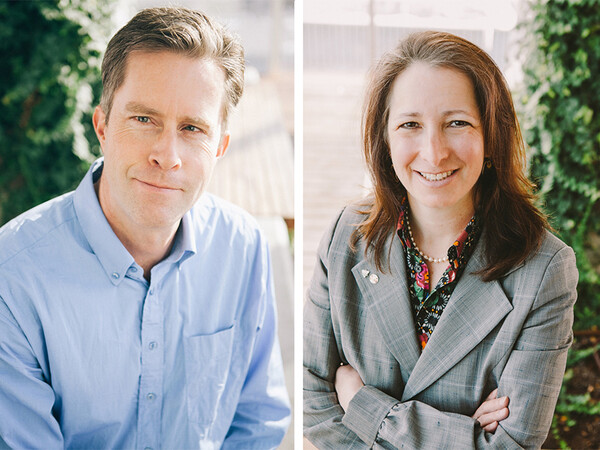
April 2019
Researchers in Professor Jason Moffat's lab find that stem cells grown on different biomaterials exist in different molecular states with implications for therapy:
- Study reveals large molecular differences between stem cells grown on different biomaterials - Medical Express
Professor Benjamin Blencowe and Molly Shoichet elected Fellows of the UK Royal Society:
Christopher Yip to Become New Dean of U of T’s Faculty of Applied Science & Engineering - U of T News
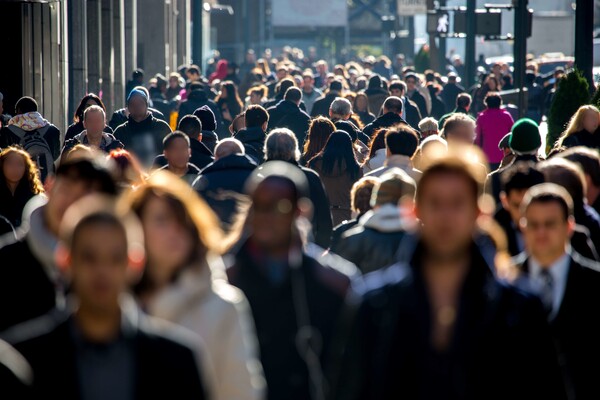
March 2019
Professors Brenda Andrews, Charles Boone and Jason Moffat's perspective in the top journal Cell on why understanding interactions holds key for personalized medicine received media attention:
- Understanding gene interactions holds key to personalised medicine, scientists say - eCancer
- Understanding gene interactions holds key to personalized medicine - Noticias de la Ciencia y la Technologia
- Gene Interactions Hold the Key to Unlocking Personalized Medicine - Technology Networks
Researchers in Professor Peter Zandstra's lab descibe competition among stem cells growing in the dish from which the fastest dividing cells emerge:
February 2019
Profile of our PhD student Tahani Baakdhah in Professor Derek van der Kooy's lab:
- U of T PhD student on combining self-made crocheting business, retinal stem cell research - The Varsity
Machine learning tool developed by Professor Quaid Morris gives hope to children suffering with arthritis:
- Machine learning could improve treatment for children with arthritis: U of T study - U of T News
- Machine learning used to improve outcome for arthritic kids - New Atlas
- Patterns of joint behavior useful for juvenile arthritis classification - Physician's Briefing
- New machine learning technique can boost treatment for arthritis in kids - Business Standard
- Machine learning tool could prevent unnecessary treatments for kids with arthritis - News Medical
- Machine learning could eliminate unnecessary treatments for children with arthritis - Medical Express
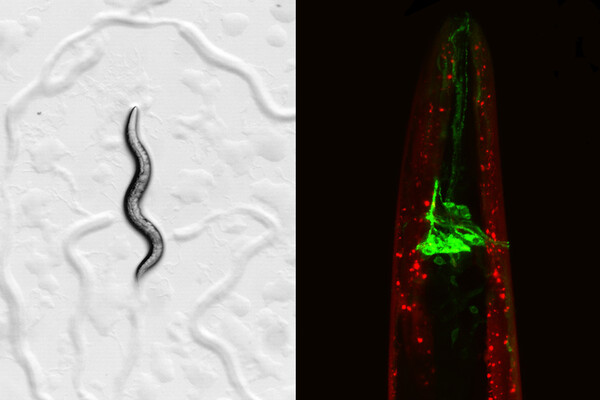
Research in Professors Brenda Andrews and Charlie Boone's labs begins to unpick genetic background effects:
- U of T study reveals how genetic background influences trait inheritance - U of T News
- Study reveals how genetic background influences trait inheritance - The Telegraph
- How genetic background shapes individual differences within a species - Science World Report
Researchers in Professor Derek van der Kooy's lab used worms to study learning and memory in granular detail:
- U of T researchers peer inside the mind of the worm for clues on how memories form - U of T News
- Peeking Inside the Mind of the Worm for Clues on How Memories form - Technology Networks
- Nella mente di un verme per capire i blocchi di memoria - Le Scienze
January 2019
Postdoctoral alum Michael Garton, now Assistant Professor at U of T's Institute of Biomaterials and Biomedical Engineering, recounted on national news the climbing accient that left him paralysed and kicked off a career in research:
- Paralyzed former rock climber explores cutting-edge science in Toronto - CTV News (story with video clips).
